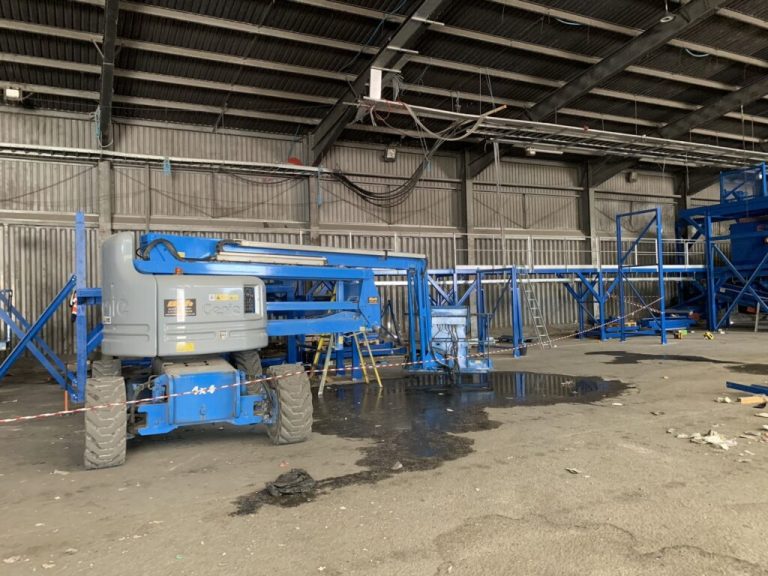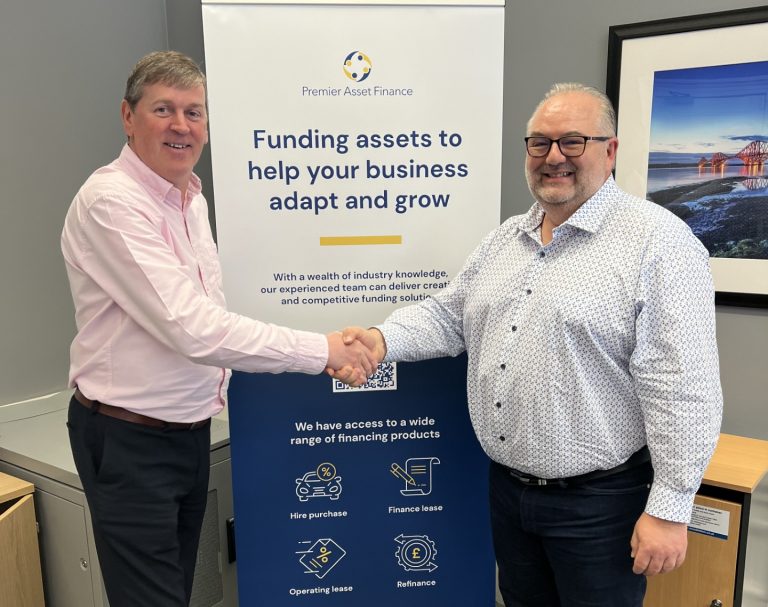Hollywood tech seen in Disney’s The Mandalorian will be available for filmmakers to use in Nottingham thanks to major investment in the digital arts by Nottingham Trent University (NTU).
As part of the forthcoming Design & Digital Arts (D&DA) building, professional filmmakers and NTU students alike will access one of the most advanced Virtual Production suites in the UK.
The technology – which wowed millions around the world in the epic Star Wars spinoff – is being delivered in collaboration with audiovisual technology specialists Creative Technology and ARRI Solutions.
The £1.3 million investment by NTU will allow artists, such as actors, to perform in front of a huge LED screen which can virtually transport the audience to anywhere in the world, or beyond, in an instant.
Standing at 30ft wide by 13ft tall, the display features almost 10 million pixels, making 2D and 3D moving images and special effects appear lifelike, both in-person and on-camera.
The suite includes high-quality sound and camera systems used by professionals around the world, and a lighting system specially designed to ensure that fine details, such as skin tones and colour reproduction, appear authentic in the LED environment.
Included in the collaboration is a greenscreen studio – complete with state-of-the-art lighting and rigging systems – allowing students to get to grips with the technologies used by professionals, before they embark on their own creative careers.
There will be a studio where students can learn studio techniques for lighting, cameras, motion capture and more, and a recording studio and control room for audio related workflows.
The Creative Technology and ARRI Solutions teams will provide ongoing support and assistance with the technologies, workflows, and best practices in virtual production as part of the collaboration.
Michael Marsden, Executive Dean of the Nottingham School of Art & Design at NTU, said: “This investment has the potential to inspire a renaissance in Nottingham’s filmmaking industry, the likes of which that hasn’t been seen since the days of the former Central and Carlton television studios.
“We’re making available some of the most advanced filmmaking technology in the world that could change the way local filmmakers work, and attract new ones to the city, leading to previously unimagined possibilities.
“At the same time, we will become a global leader in digital arts and filmmaking education, creating a rich talent pool of young creatives who will graduate with sector-leading expertise and hands-on industry experience.
“This is an exciting development in our 180-year history which will help position NTU, and the city as a whole, as the most innovative hotbed for digital art and design talent in the UK.”
The D&DA building, which is set to open in September 2024 for its first intake of students, is part of an ambitious plan to build on NTU’s reputation as one of the world’s leading art and design schools.
As well as digital filmmaking, the space will enable NTU to develop its credentials in animation, UX design, gaming, graphic design and illustration, together with traditional design practice.
The investment as a whole is expected to create an additional £1 million in student expenditure in the local economy.
Tom Burford, Director of Technical Services Creative Technology UK, said: “The delivery of NTU’s Virtual Production space will be borne out of experience of being at the cutting edge of technology, workflows and language that has developed at a huge rate of knots over the past few years.
“With all of this experience our purpose at Creative Technology has always been to share, educate and inspire. Our partnership with NTU allows us to do just that and I’m excited and positive for the journey to come.
“Engaging and sharing with not only today’s practitioners but more importantly the future generation is a must for anyone working in the technology environment. We will be working with both the educators and the students, giving them real-time hands-on experience and knowledge with current workflows and techniques at the new facility in Nottingham.
“We are also going to be looking at additional support as part of our ConneCT education initiative, with ‘on set’ experience, work placements and mentoring sessions from industry leading figures and organisations. I’m delighted to be part of the supporting team and very much looking forward to every step of the way.”
Kevin Schwutke, Senior Vice President and Business Unit Head, Solutions, ARRI, said: “The Design & Digital Arts building, and its studio facilities stand as a landmark development, not only for NTU, but also for the city’s creative industries.
“Collaborating from the project’s inception, we’ve integrated our expertise in efficient studio design, industry-leading camera and lighting technology, and cutting-edge digital tools.
“This productive partnership between the University and industry partners has delivered a facility which not only assures the highest production values, but also enables students to gain invaluable hands-on experience in an environment mirroring the professional settings found in top-tier film sets.”












